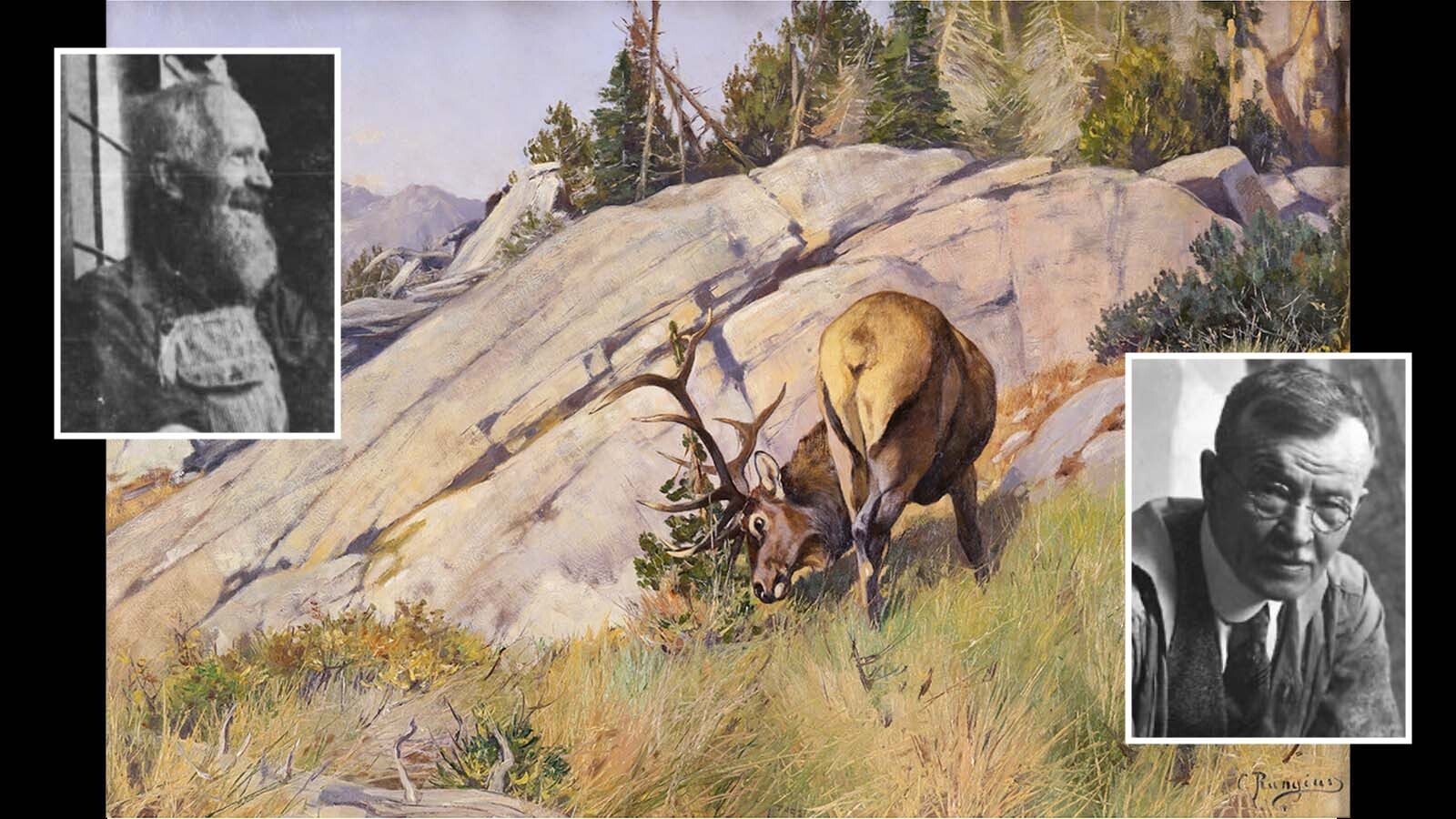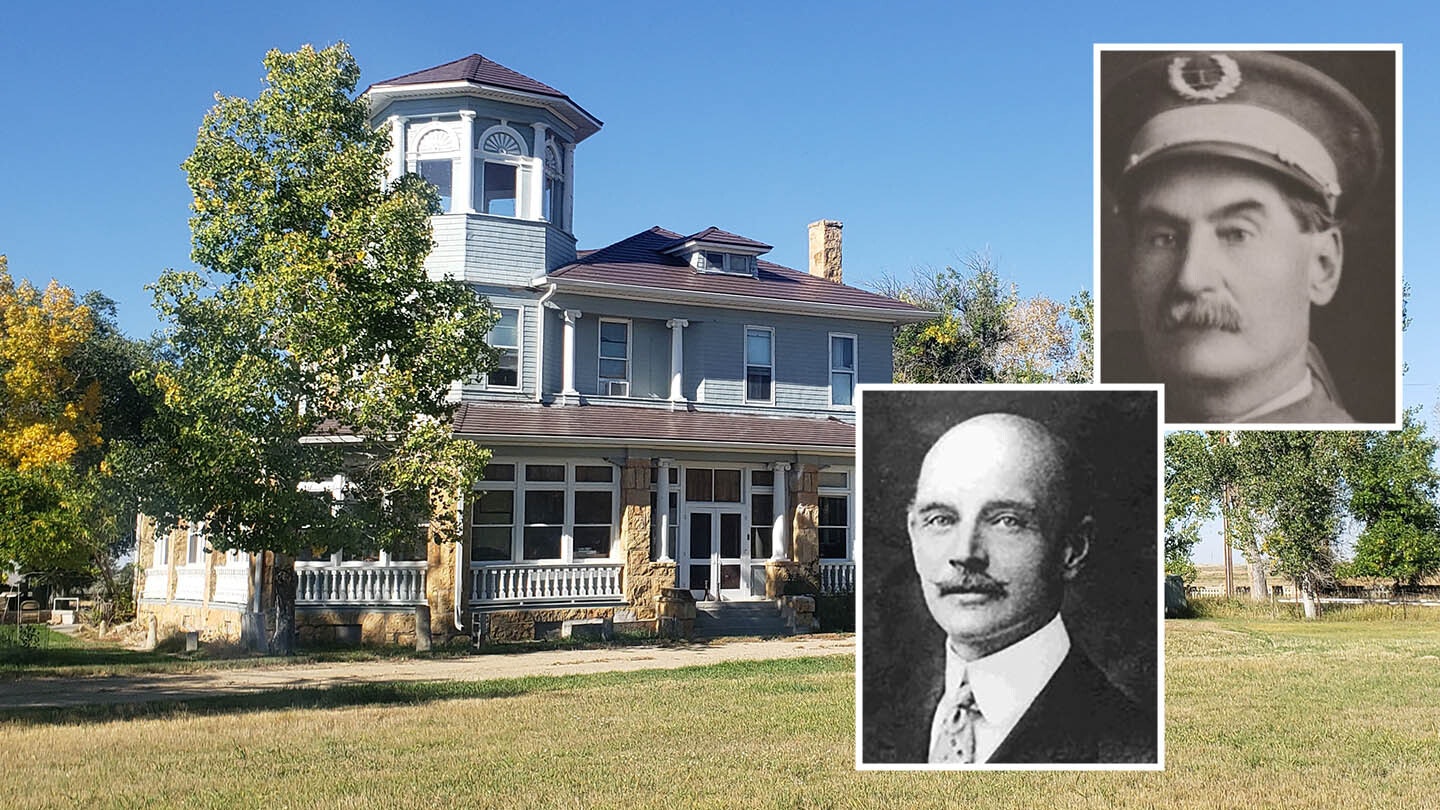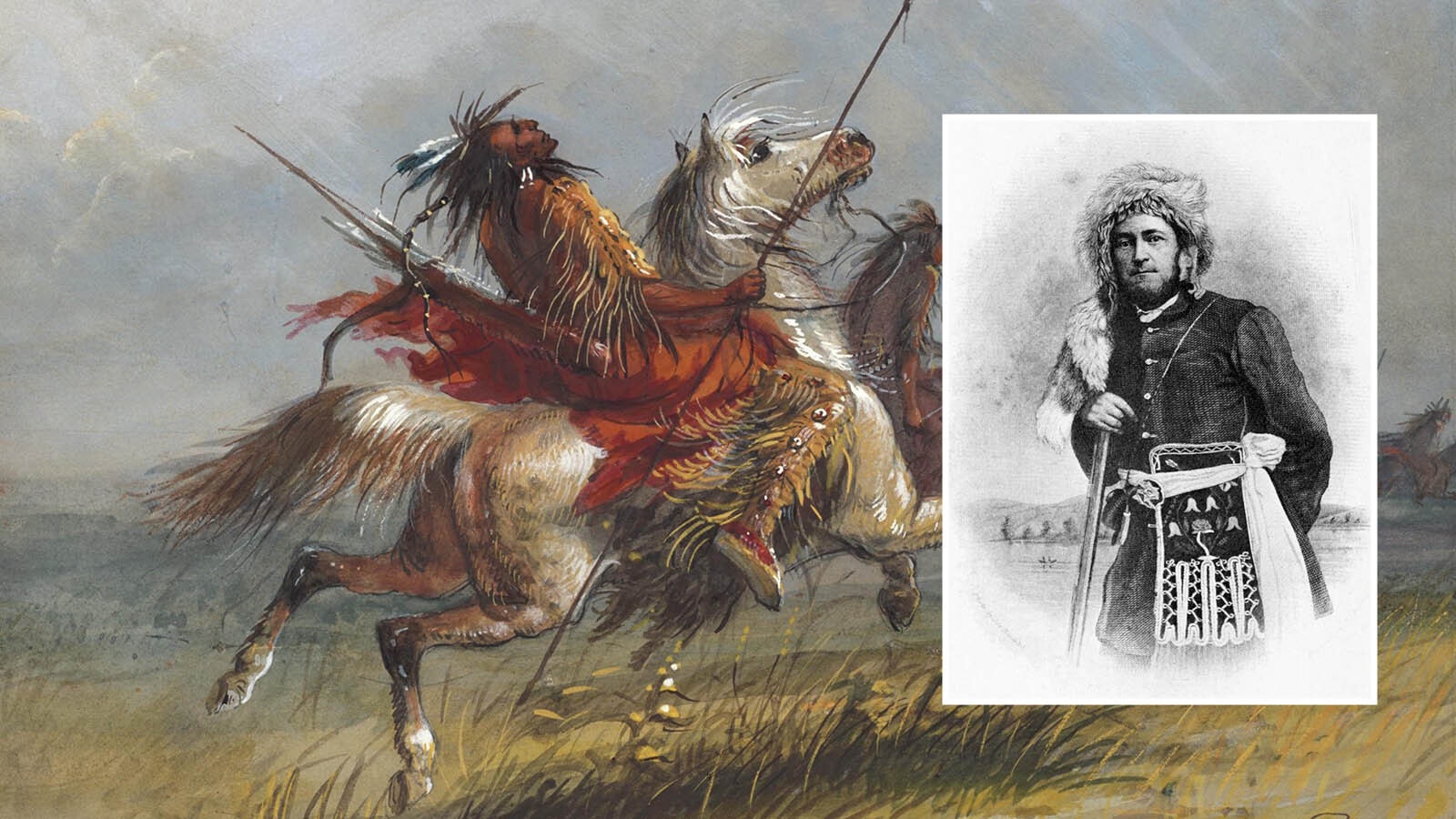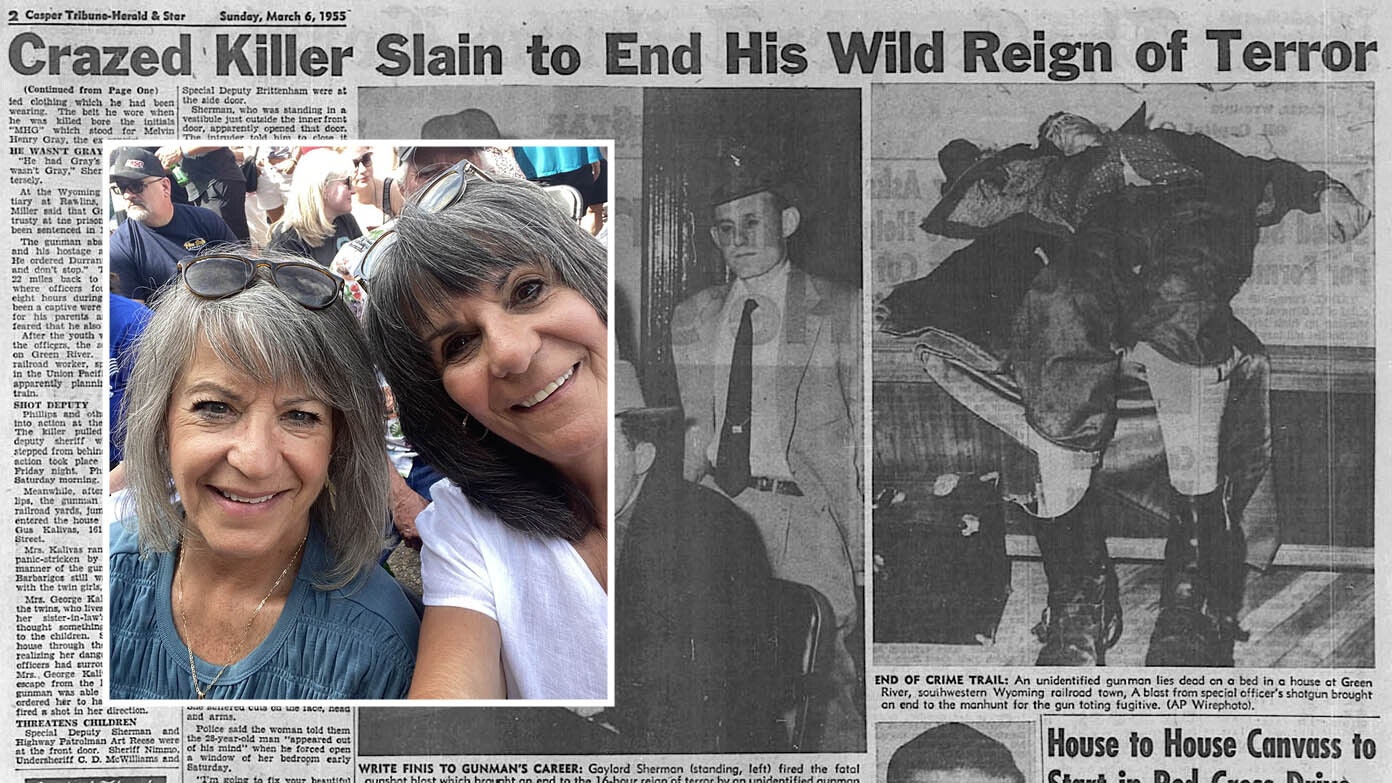The order came down September 19, 1859, in the San Francisco Examiner:
“At the peremptory request and desire of a large majority of the citizens of these United States, I, Joshua Norton, formerly of Algoa Bay, Cape of Good Hope, and now for the last 9 years and 10 months past of S. F., Cal., declare and proclaim myself Emperor of these U. S.”
The decree continued, ordering representatives from every state to assemble in his city to sort out which laws to discard and which to keep that they “may ameliorate the evils under which the country is laboring.” There was more, all above the signature, “NORTON I, Emperor of the United States.”
Emperor Norton did not dawdle. He went right to work issuing other decrees, including outlawing the United States Congress. When they did not comply, he ordered the army to put them out. They did not comply, either. Undaunted, the ruler turned Henry A. Wise, governor of Virginia, out of office for hanging John Brown. Wise did not step down.
Norton’s repeated failures to govern led to drastic measures:
“WHEREAS, it is necessary for our Peace, Prosperity and Happiness, as also to the National Advancement of the people of the United States, that they should dissolve the Republican form of government and establish in its stead an Absolute Monarchy; NOW, THEREFORE, WE, Norton I, by the Grace of God Emperor of the Thirty-three states and the multitude of Territories of the United States of America, do hereby dissolve the Republic of the United States, and it is hereby dissolved; And all laws made from and after this date, either by the National Congress or any State Legislature, shall be null and of no effect. All Governors, and all other persons in authority, shall maintain order by enforcing the heretofore existing laws and regulations until the necessary alterations can be effected. Given under our hand and seal, at Headquarters, San Francisco, this 26th day of July, 1860.”
He followed up his successes in the United States with an international foray. When France invaded Mexico in 1863, Norton appended his title and was thereafter known as Norton I, Emperor of the United States and Protector of Mexico.
Where did a man with such audacity come from? The emperor’s past is uncertain. He was born in England. Or was it Scotland? Or South Africa? And was it in 1811, 1814, 1818, or maybe 1819?
What is known is that he put ashore in San Francisco in 1849 and used the excitement of the Gold Rush to turn a $40,000 inheritance into a fortune of $250,000 by dealing in real estate and merchandise. Then he lost it all when a gamble on a shipload of rice went bad. He was not heard from for a few years until he returned to declare himself emperor.
The city embraced him. He drew crowds in the streets whenever he paraded around in his fancy—but shabby—miliary-style uniform topped with a variety of hats, including an elegant beaver top hat decorated with a plume or peacock feather, umbrella in hand and dogs on a leash.
He collected “taxes” in the form of handouts from merchants and other businesses, many of them posting plaques reading “By Appointment to his Imperial Majesty, Emperor Norton I of the United States,” He fed at free lunch counters in saloons and gratis at restaurants.
Not all of Norton’s ambitions were zany. On at least three occasions he ordered a bridge to be built across the bay, connecting Oakland to San Francisco, going so far in one decree to say that the “suspension bridge be built from Oakland Point to Goat Island [also called Yerba Buena Island], and then to Telegraph Hill; provided such bridge can be built without injury to the navigable waters of the Bay of San Francisco.”
Norton died and his reign ended January 8, 1880. The San Francisco Chronicle declared, “Le Roi Est Mort,” French for “The King is Dead.” Tens and tens of thousands of his subjects turned out to honor his passing, lining the street to witness his three-mile-long funeral cortege.
Some even declared the solar eclipse on January 11 a tribute to Norton I, Emperor of the United States and Protector of Mexico.
One final decree from the emperor, offered here for your safety: “Whoever after due and proper warning shall be heard to utter the abominable word “Frisco,” which has no linguistic or other warrant, shall be deemed guilty of a High Misdemeanor, and shall pay into the Imperial Treasury as penalty the sum of twenty-five dollars.
R. B. Miller can be reached at WriterRodMiller@gmail.com





